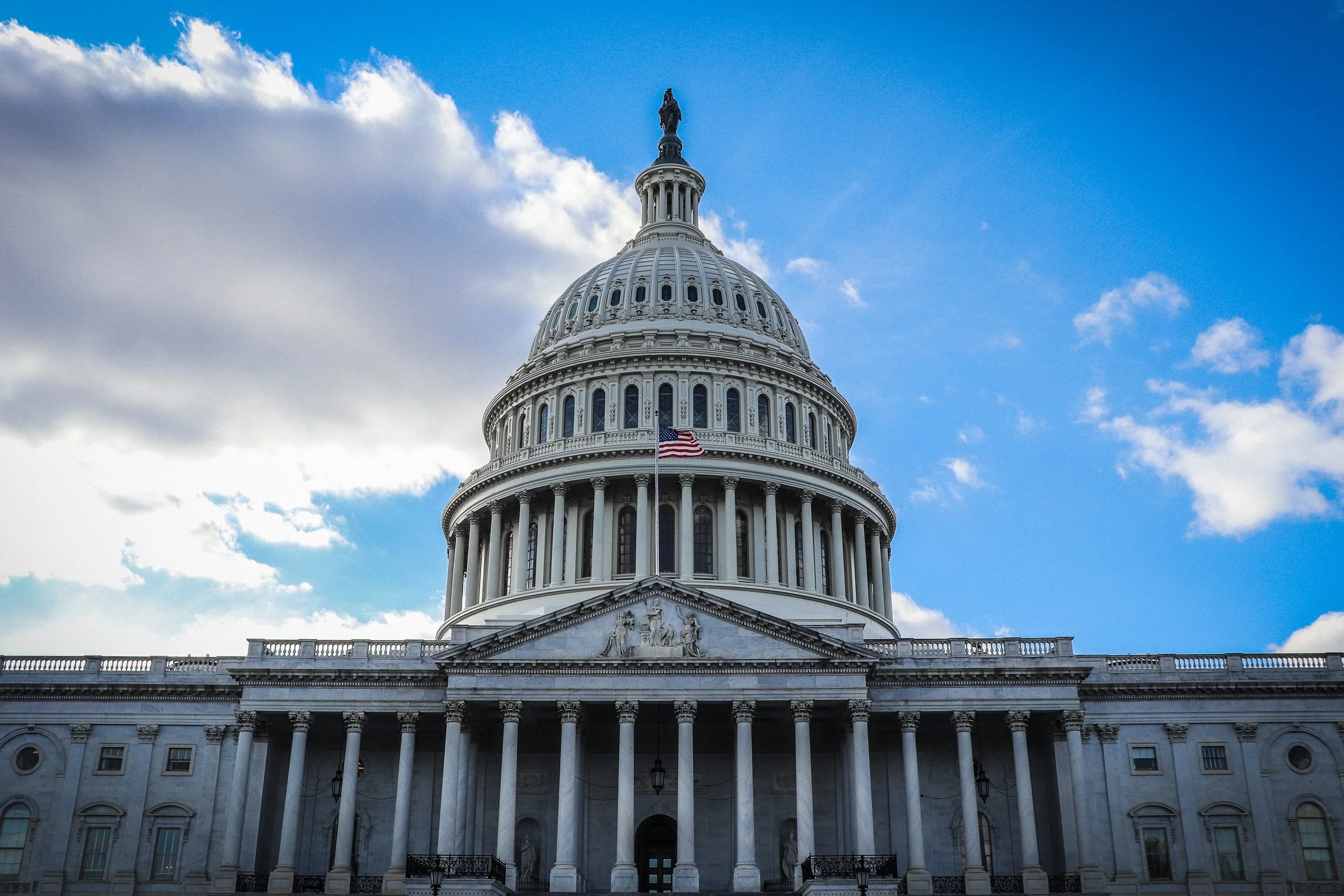Young Adults and Criminal Culpability
This Comment will consider whether the growing scholarship on the culpability of young adults should influence how courts and society blame and punish persons that commit crimes while between the ages of eighteen and twenty-four. It also explores the evidence that indicates that young adults are more similarly situated to juveniles than adults with regard to their moral blameworthiness and how, if it all, this will impact criminal punishment for young adults.
A Backdoor Bivens Remedy: State Civil Rights Torts and the Federal Tort Claims Act
This Comment argues that the Federal Tort Claims Act permits suit against the United States based on state law theories of tort that would otherwise be phrased in a Bivens action. By shifting their focus, plaintiffs can still receive compensation for discriminatory and injurious acts by federal tortfeasors without running afoul of the corpse of the Bivens doctrine.
Punishing the Poor: Challenging Carceral Debt Practices Under Bearden and M.L.B.
Tyler Smoot argues that many carceral debt practices today are subject to heightened scrutiny under the Equal Protection and Due Process clauses. Traditionally, laws trigger heightened equal protection scrutiny when they either inhibit a fundamental right or make a suspect classification. This article offers a roadmap for relying on Bearden’s four-factor test to challenge laws that discriminate against the poor.
Plausible Retaliation: Using Modern Pleading Standards as a Blueprint for First Amendment Retaliation Claims
Prof. Moore’s article reviews Supreme Court precedent on the retaliatory arrest issue, the circuit split that developed over the same time, and Supreme Court precedent on pleading standards to argue that the existence of probable cause should not bar a plaintiff’s claims.
Reforming Variable Vagueness
Like much of constitutional law, the Supreme Court’s void-for-vagueness doctrine employs a system of tiered scrutiny. This decades-old framework imposes differential demands of clarity, depending on the type of enactment under review. Prof. Rice’s article lays bare the resulting methodological rot and charts a path toward doctrinal reconstruction.
A Neo-Madisonian Perspective on Campaign Finance Reform, Institutions, Pluralism, and Small Donors
Prof. Malbin’s article takes a different look at the debates concerning campaign finance reform and posits a “neo-Madisonian” take, urging reformers to take institutions seriously, while urging institutionalists to reach out to those left aside.
The Law of Narrow Tailoring
Prof. Fiss’ article explores the development of the law of narrow tailoring, analyzes its current state, and takes a look toward the future of the principle.







